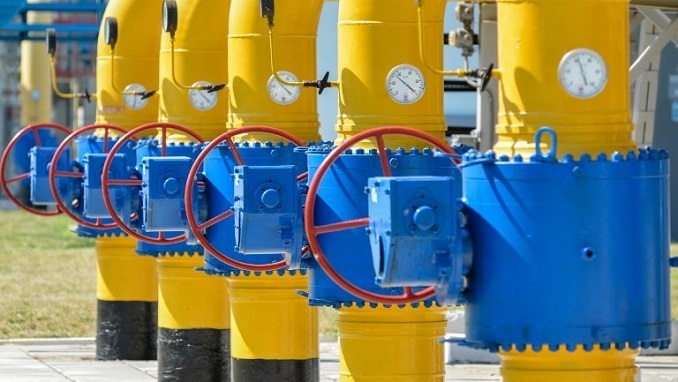European Commission Vice-President for Energy Union Maros Sefcovic has come up with a date for the next trilateral meeting on gas transit that would involve Russia and Ukraine, Vedomosti writes.
The talks could take place in Brussels on September 16, Sefcovic said in a message to Russian Energy Minister Alexander Novak, according to the business newspaper.
EU countries are the main exporters of Russian energy, purchasing a total of 171 billion cubic meters of gas in 2018. Russia’s Gazprom exported 86.8 billion cubic meters via Ukraine but the gas transit contract will expire at the end of 2019. By that time, Gazprom expects to complete the construction of two pipelines that would allow Russia to stop transiting gas through Ukraine.
However, one of the segments of the TurkStream pipeline’s second string connecting Bulgaria, Serbia, Hungary and Austria is not ready yet, while Denmark still hasn’t approved the construction of the Russian energy goant’s Nord Stream 2 pipeline.
Last year, another issue emerged, as the Arbitration Institute of the Stockholm Chamber of Commerce ordered Gazprom to pay $2.56 billion to Ukraine’s Naftogaz to offset its losses.
Reaching an agreement before winter is an optimistic scenario though it’s not impossible, Corporations Department Director at Fitch Dmitry Marinchenko said. According to him, the big parliamentary election win of Vladimir Zelensky’s party means that his team will be able to determine its position in talks on its own and make quick decisions, but Naftogaz will hardly reject the $2.56 billion payment for political reasons.
“It is also possible that the parties will continue to test each other’s limits and gas transit will stop at the beginning of next year,” Marinchenko noted.
“However, even if Gazprom manages to fulfil its contract obligations by using gas kept in storage facilities, the termination of gas transit via Ukraine before Nord Stream 2 is in full operation will make Europe nervous, probably resulting in the rise of spot gas prices,” the expert said.












